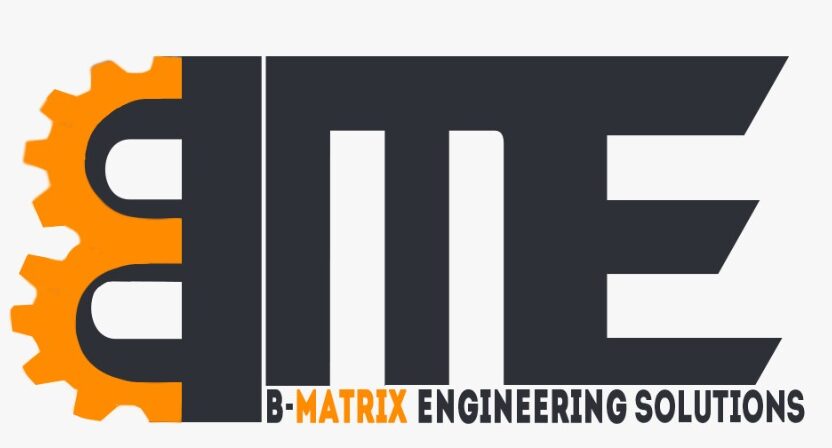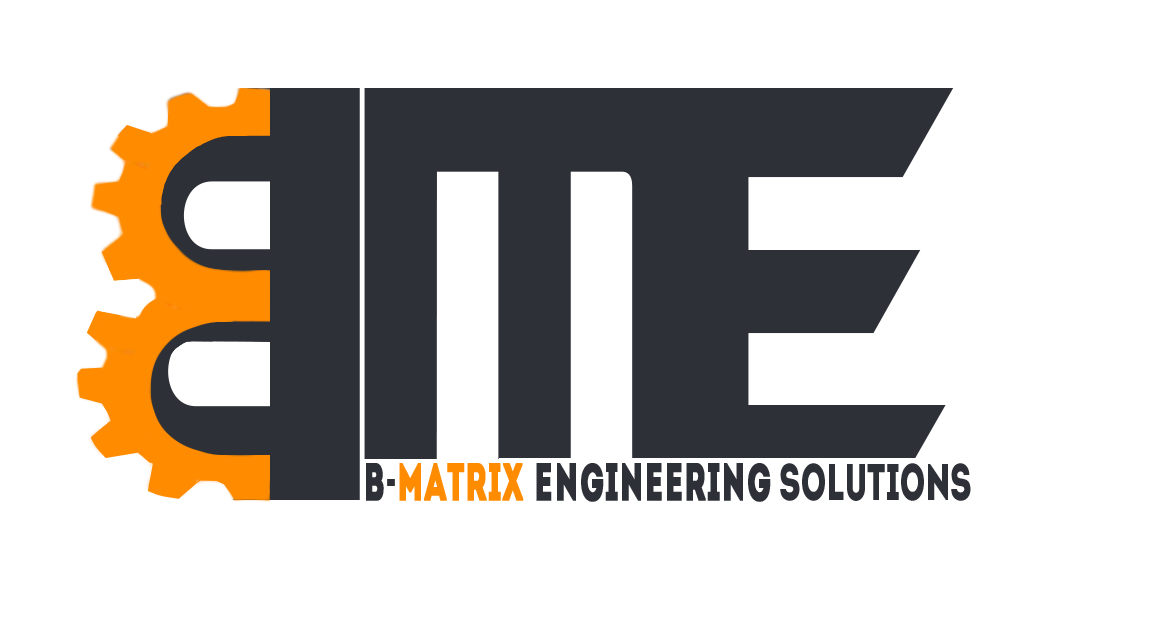Course On E-Vehicle
- A E-Vehicle is defined as a vehicle that can be powered by an electric motor that draws electricity from a battery and is capable of being charged from an external source.
- E-Vehicles use electricity to change their batteries instead of using fossil fuels like petrol or diesel.
- Higher purchase Cost.
- Electric Vehicle Foundation. Begin with understanding the prime purpose of an electric vehicle and its history, which is from the 19th century and goes beyond the 21st century.
- Autonomous Vehicle Technology. Electric Vehicle Designing. Electric Vehicle Engineering.
- Compared to regular automobiles,electric vehicles are highly pricey.
- An EV includes both a vehicle that can only be powered by an electric motor that draws electricity from a battery (all-electric vehicle) and a vehicle that can be powered by an electric motor that draws electricity from a battery and by an internal combustion engine (plug-in hybrid electric vehicle).
- An EV is defined as a vehicle that can be powered by an electric motor that draws electricity from a battery and is capable of being charged from an external source.
Program Overview
Syllabus
Lorem ipsum dolor sit amet, consectetur adipiscing elit. Ut elit tellus, luctus nec ullamcorper mattis, pulvinar dapibus leo.
Why enroll in the Program?
In this free electric vehicle course, you will learn about EV design as an industry & job opportunities associated with it. The purpose of Electric vehicles designing & training in India to grab opportunism potentially the largest market for automobiles with electric. The Electric Vehicle (EV) Technician training program is intended to address a global need for people who are skilled in diagnosing, servicing and repairing.
Course Syllabus
On a daily basis we talk to companies expert in these domains to fine tune our curriculum. Here are the list of courses that are part of this program. In total, there are 10 courses that are available in this program
• History
• Components of Electric Vehicle
• Comparison with Internal combustion Engine: Technology
• Comparison with Internal Combustion Engine: Benefits and Challenges
• EV classification and their electrification levels.
• EV Terminology
• Calculating the Rolling Resistance
• calculating the grade resistance
• Calculating The Acceleration Force
• Finding The Total Tractive Effort
• Torque Required On The Drive Wheel
• Types of Electric Vehicle and components
• Electrical protection and system requirement
• Photovoltaic solar-based EV design
• Battery Electric vehicle (BEV)
• Hybrid electric vehicle (HEV)
• Plug-in hybrid vehicle (PHEV)
• Fuel cell electric vehicle (FCEV)
• Electrification Level of EV
• Comparison of fuel vs Electric and solar power
• Solar Power operated Electric vehicles/Toggle Content
• Types of Motors
• Selection and sizing of Motor
• RPM and Torque calculation of motor
• Motor Controllers
• Component sizing
• Physical locations
• Mechanical connection of motor
•Electrical connection of motor
• Cell Types (Lead Acid/Li/NiMH)
• Battery charging and discharging calculation
• Cell Selection and sizing
• Battery lay outing design
• Battery Pack Configuration
• Battery Pack Construction
• Battery selection criteria
• Need for BMS
• Rule-based control and optimization based control
• Software-based high level supervisory control
• Mode of power
• Behavior of motor
• Advance Features
• Function of CU
• Development Process
• Software
• Hardware
• Data Management
• GUI/HMI
• Type of Charging station
• Selection and Sizing of charging station
• Components of charging station
• Single line diagram of charging station
• Technology Scenario
• Market Scenario
• Policies and Regulations
• Payback and commercial model
• Payback and commercial model
• Polices in India
Industrial Projects
Our projects are designed by experts in the industry to reflect industry standards. By working through our projects, Learners will gain a practical understanding of what they will take on at a larger-scale in the industry.
Recently Placed Student

This is the heading
Lorem ipsum dolor sit amet, consectetur adipiscing elit. Ut elit tellus, luctus nec ullamcorper mattis, pulvinar dapibus leo.

This is the heading
Lorem ipsum dolor sit amet, consectetur adipiscing elit. Ut elit tellus, luctus nec ullamcorper mattis, pulvinar dapibus leo.

This is the heading
Lorem ipsum dolor sit amet, consectetur adipiscing elit. Ut elit tellus, luctus nec ullamcorper mattis, pulvinar dapibus leo.

This is the heading
Lorem ipsum dolor sit amet, consectetur adipiscing elit. Ut elit tellus, luctus nec ullamcorper mattis, pulvinar dapibus leo.

